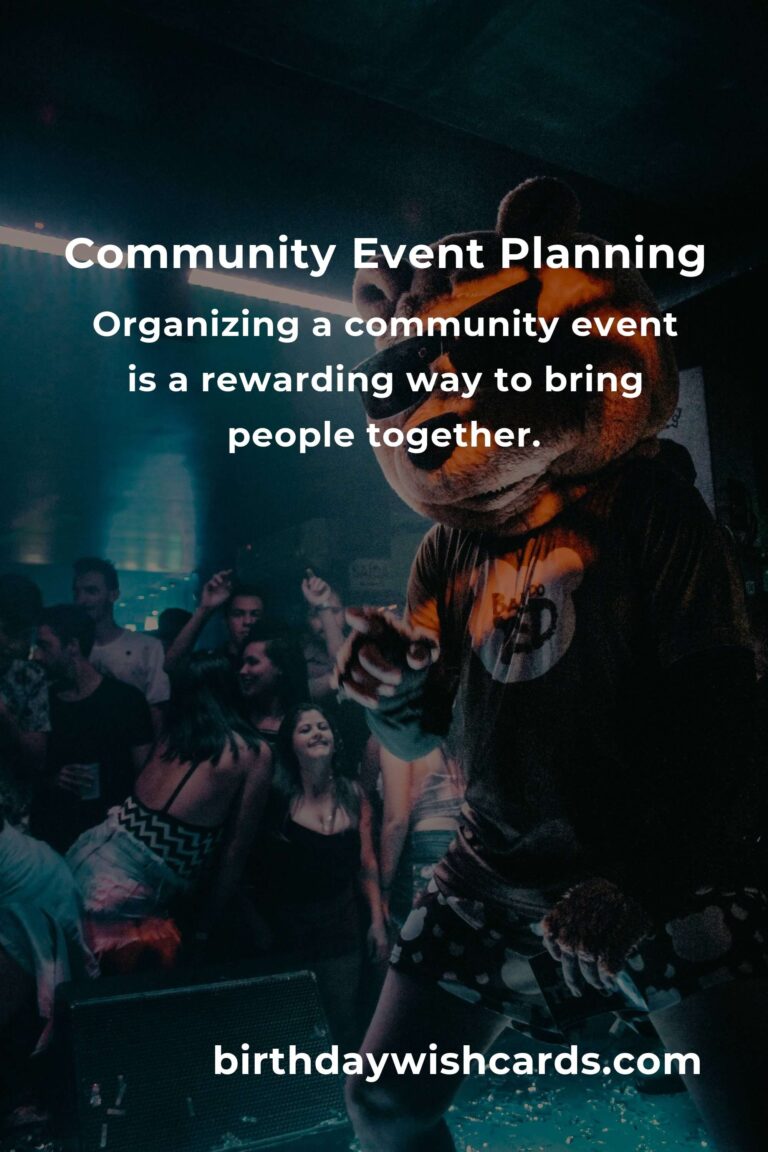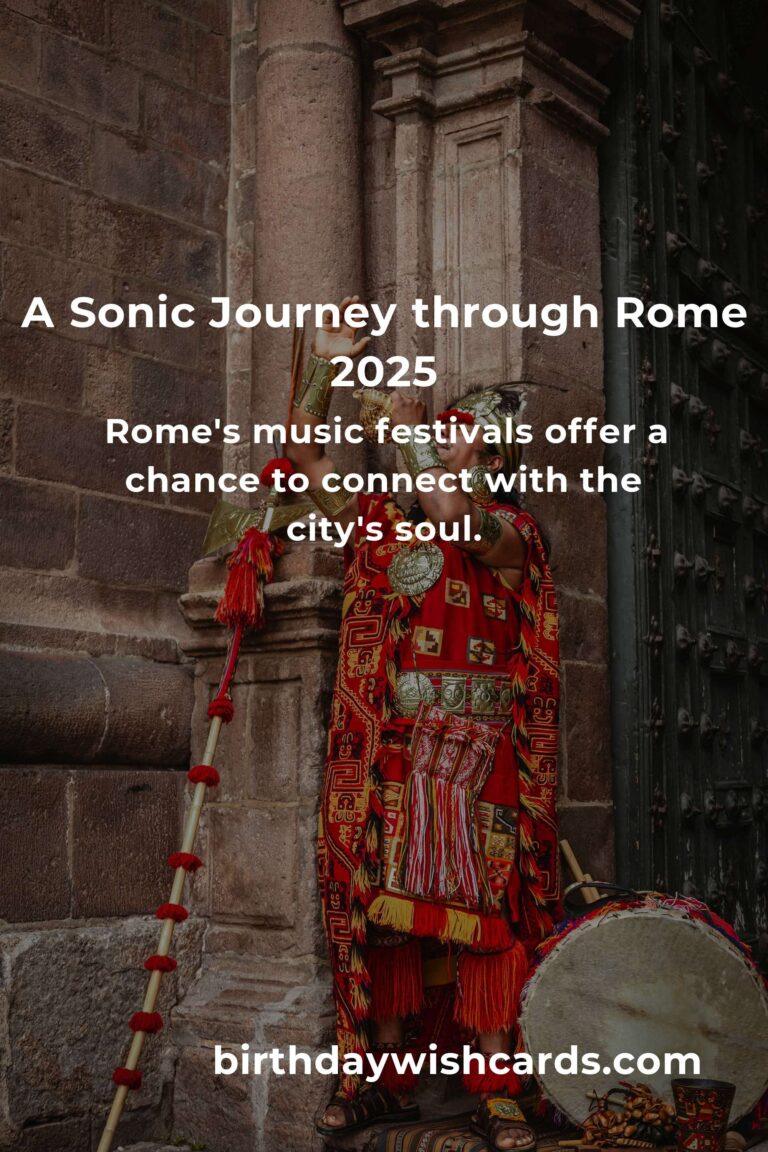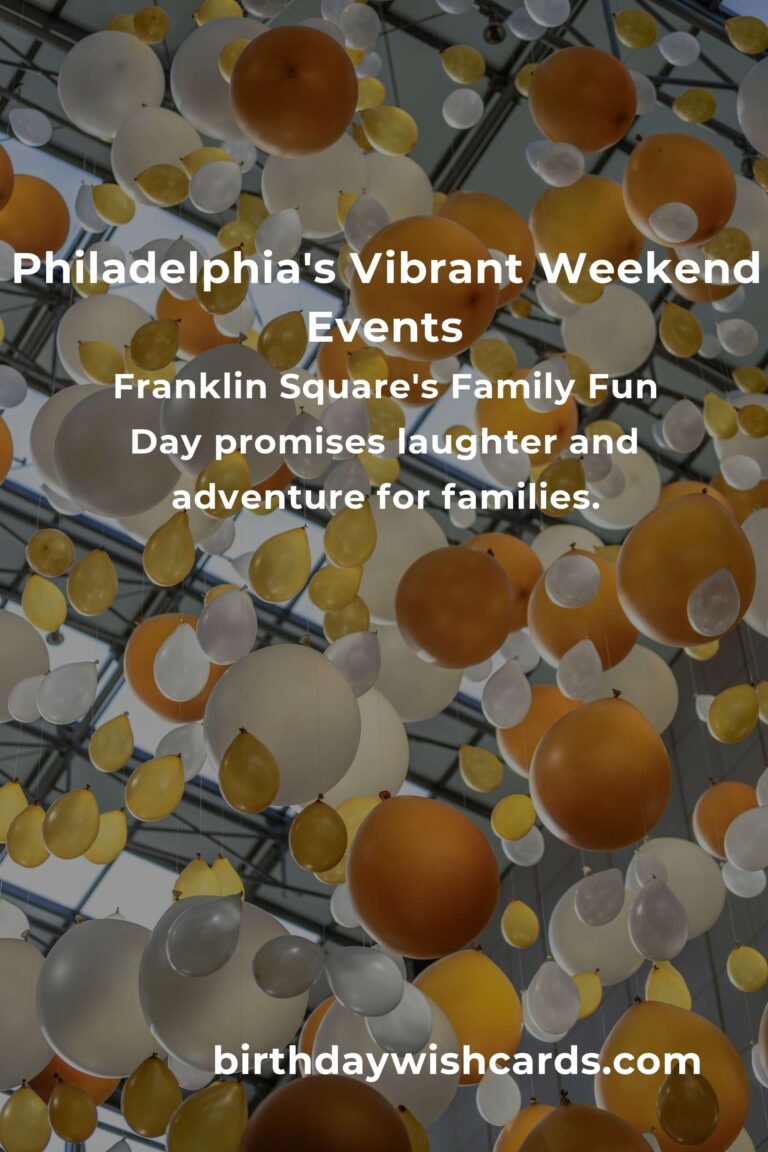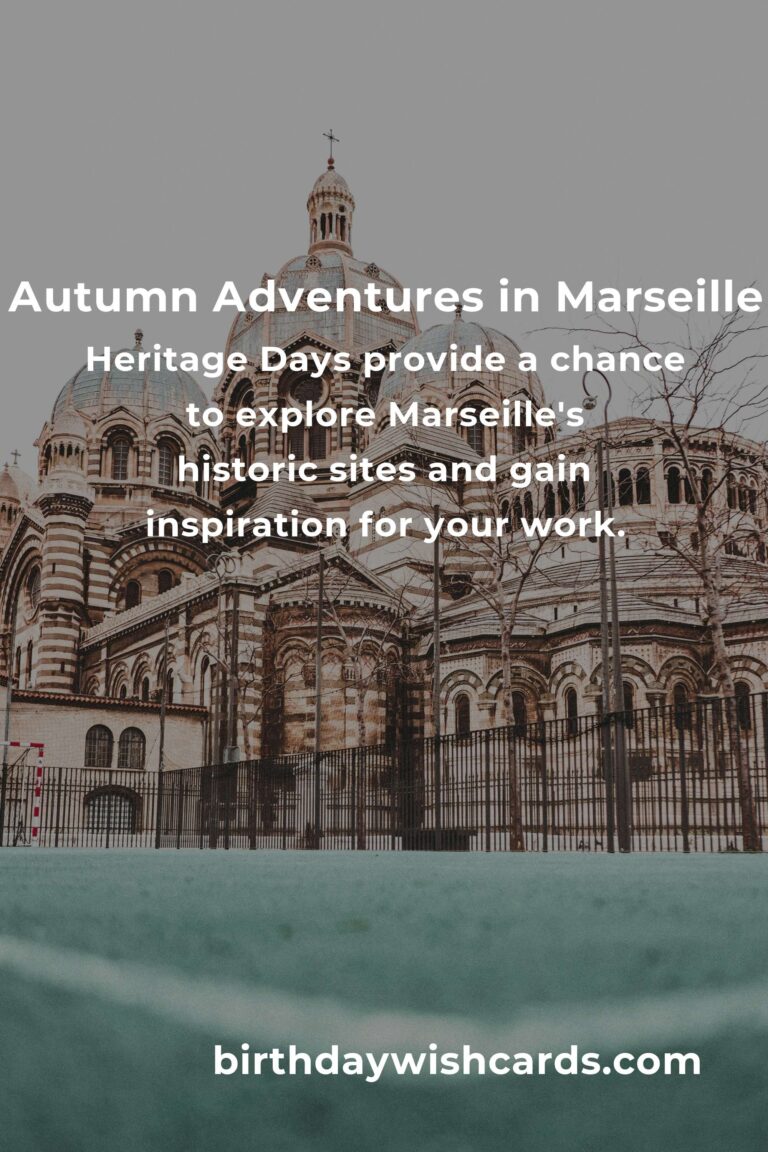
Organizing a community event is a rewarding way to bring people together, create memories, and strengthen local bonds. Whether you’re planning a small neighborhood gathering or a large public festival, several key strategies can help ensure your event’s success. In this comprehensive guide, we’ll explore the best practices for planning and executing a community event that leaves a lasting impression.
Define Your Event’s Purpose and Goals
The first step in planning any community event is to define its purpose and objectives. Are you aiming to raise funds for a local cause, celebrate a cultural tradition, or simply provide a fun day out for families? Clearly outlining your goals will guide every subsequent decision, from choosing a venue to crafting a marketing strategy.
Set a Realistic Budget
Creating a detailed budget is crucial for the success of your event. Consider all potential expenses, including venue rental, permits, entertainment, marketing, and refreshments. It’s wise to allocate funds for unexpected costs as well. Be realistic and prioritize spending that aligns with your event goals.
Assemble a Dedicated Team
No event planner can do it all alone. Assemble a team of volunteers or staff who are passionate about the event’s mission. Assign clear roles and responsibilities, ensuring that everyone understands their tasks and deadlines. Regular meetings and open communication are key to keeping the team motivated and on track.
Choose the Perfect Venue
The right venue can make or break your event. Consider the size, location, and accessibility of potential venues. Ensure they can accommodate your expected number of attendees and any special requirements, such as stages for performances or areas for food vendors. Visit the venue in advance to address any logistical challenges.
Develop a Marketing Strategy
Effective marketing is essential to attract attendees to your community event. Utilize a mix of traditional and digital marketing channels, such as flyers, social media, and local press releases. Engaging content and eye-catching visuals will help spread the word. Encourage word-of-mouth promotion by involving community influencers and stakeholders.
Plan Engaging Activities and Entertainment
Activities and entertainment are the heart of any community event. Plan a variety of options that cater to different age groups and interests. Consider live music, workshops, games, and food stalls. Collaborate with local artists and businesses to add authenticity and community spirit to your event.
Ensure Safety and Accessibility
Safety should be a top priority at any community event. Obtain necessary permits and insurance, and coordinate with local authorities for emergency services. Ensure your event is accessible to everyone, including individuals with disabilities. Clear signage, accessible facilities, and trained staff can help create an inclusive environment.
Gather Feedback and Reflect
After the event, gather feedback from attendees, volunteers, and stakeholders. Use surveys, social media, and direct conversations to collect insights. Reflect on what went well and identify areas for improvement. This feedback is invaluable for planning future events and building a stronger community connection.
Conclusion
Planning a community event involves careful preparation, teamwork, and creativity. By following these expert tips, you can create an event that not only meets your goals but also enriches the community. Remember, the success of your event is measured not just by attendance but by the connections and memories it fosters among participants.
Organizing a community event is a rewarding way to bring people together. Define your event’s purpose and objectives to guide every decision. Creating a detailed budget is crucial for the success of your event. Assemble a team of volunteers or staff who are passionate about the event’s mission. Effective marketing is essential to attract attendees to your community event. Safety should be a top priority at any community event.
#CommunityEvent #EventPlanning #LocalEngagement #EventSuccess #CommunityBonding













